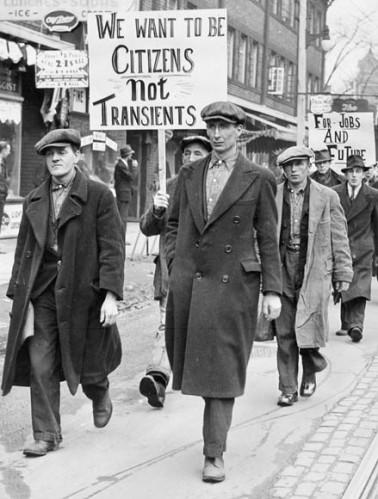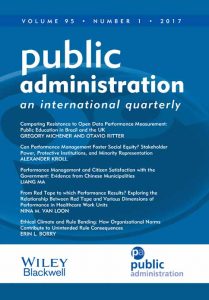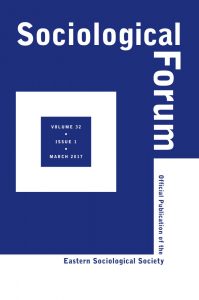Extended Periods of Unemployment Ahead?
 Unemployment data indicate that 3.4 out of 14.8 million Americans have been unemployed for one year or more. In other words, 23 percent of Americans have been seeking employment for at least one year.
Unemployment data indicate that 3.4 out of 14.8 million Americans have been unemployed for one year or more. In other words, 23 percent of Americans have been seeking employment for at least one year.
Director of the Pew Fiscal Analysis Initiative Ingrid Schroeder explains that an inverse relationship exists between duration of unemployment and likelihood of securing employment. People experiencing longer periods of unemployment are less likely to find jobs than people experiencing shorter periods of unemployment.
Schroeder comments: “People who are unemployed for a long time can lose their job skills. A long unemployment spell can mark them as undesirable, making it more difficult to compete against other job candidates. [Federal] data suggest that workers who are jobless for the longest duration incur the largest reductions in weekly earnings upon returning to work.”
Although Congress extended unemployment benefits, we might question how unemployed Americans will sustain themselves when their unemployment benefits expire. Also, we might think about how current unemployment rates will correspond to poverty rates in the near future – especially considering that the scholarly literature demonstrates the tightness of the labor market, the quantity of available jobs, and the quality of available jobs influence the poverty rate.

















